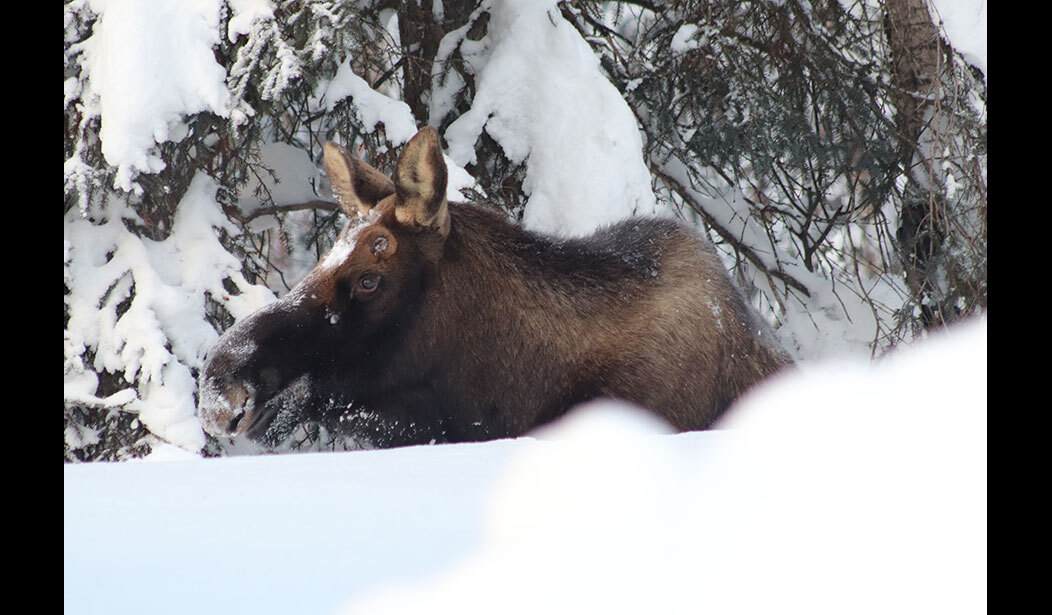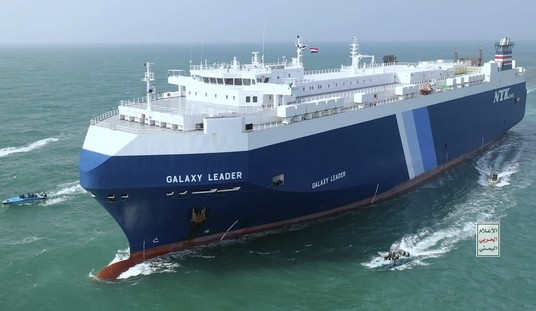Alaskan moose are really big. Our Alaska/Yukon moose subspecies (Alces alces gigas) is the largest living deer in the world, with bulls capable of growing to weigh almost a ton, almost twice the weight of the nearby Western moose (Alces alces andersoni) and the lower 48's Shiras moose (Alces alces shirasi.)
Even so, moose are usually not too much trouble for us humans who live in their environment. That's why it's a matter of some concern that moose attacks on humans are on the uptick. Two such incidents happened recently not far from our little stretch of the Susitna Valley, one in Houston and one in Willow.
Houston:
A man was injured in an encounter with a moose at his home in Houston late Wednesday, Alaska State Troopers say.
The man was trampled by the animal after his dogs started barking and he went outside to check on them just before midnight, troopers said Thursday. He didn’t realize the moose was nearby because it was dark, they said.
Willow:
Alaska State Troopers said they shot and killed an aggressive moose that knocked down a man early Sunday in Willow.
The moose charged the man after a warning shot was fired from a firearm in an attempt to scare the moose away, according to troopers.
The moose continued to act aggressively when encountered by troopers in front of the man’s residence, and it was shot and killed, they said. A charity was called to salvage the meat.
There have been two other similar incidents in Palmer and Soldotna, down on the Kenai Peninsula.
See Related: Alaska Teen Suffers Minor Injuries in Moose Attack: Moose, Not So Lucky
Sports, Great Land Edition: The 2024 Iron Dog Race
All these moose attacks bring up some downright unsettling questions. What is driving these moose to be so aggressive? Are they in contact with Russian moose (Alces alces pfizenmayeri) across the Bering Strait? Is Vladimir Putin placing some uncomfortable notions in the heads of these moose, perhaps ideas of reclaiming some of their former range from we pesky humans? Or is China involved? They have their own population of these big deer as well (Alces alces cameloides), and they may, somehow, be inciting our moose.
I'm inclined to think not, however. I suspect our Alaskan moose, despite the occasional unfavorable human/moose interaction, are probably pretty content to be living in a more prosperous, freedom-loving place, even if one of their population does end up in a freezer now and then.
Seriously, though. Late winter is a hard time for wildlife, and even more so in places like Alaska, where winter lasts well over half the year. Our bears are still asleep, but they'll be damned hungry when they emerge in a few more weeks. Last Saturday morning we had a cow moose hanging around our driveway for a while, eating some of our shrubs, and she was pretty skinny. Lots of large animals don't make it through the winters, and the ones that do are on the edge of starvation by now; starvation can prompt them to act unpredictably, including aggressively, where their normal response would be avoidance.
It's a good time of year to give large animals a wide berth - and they just don't get a whole lot bigger than the typical Alaskan moose.













Join the conversation as a VIP Member